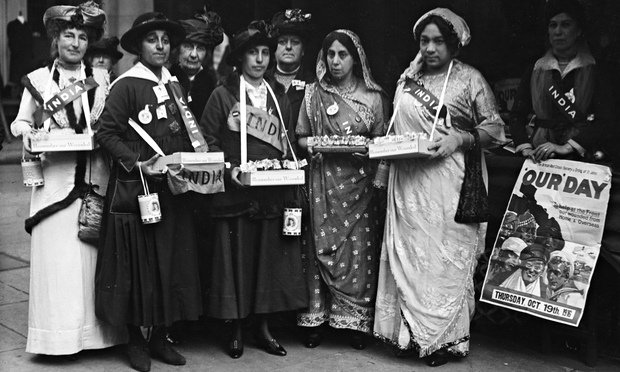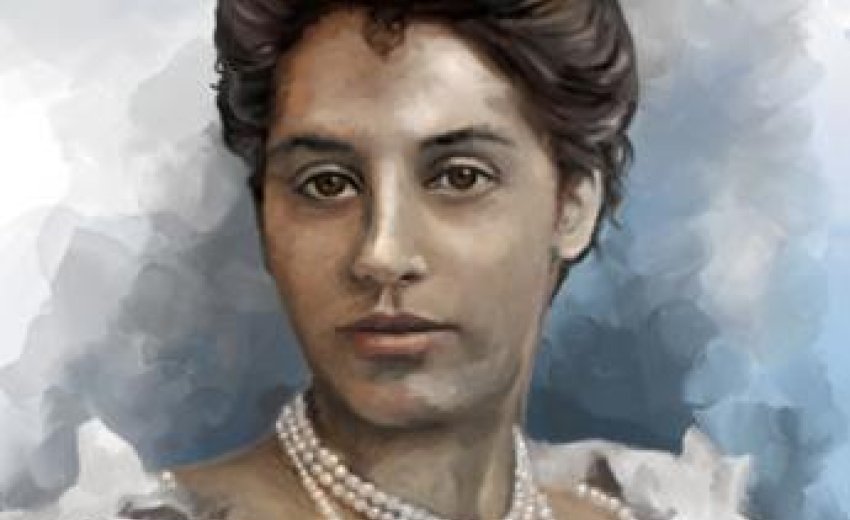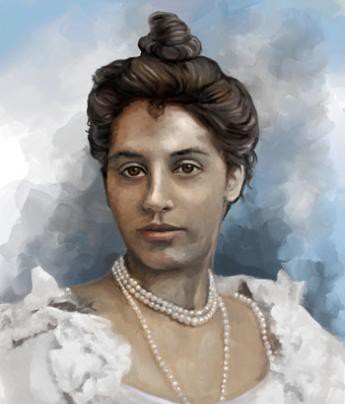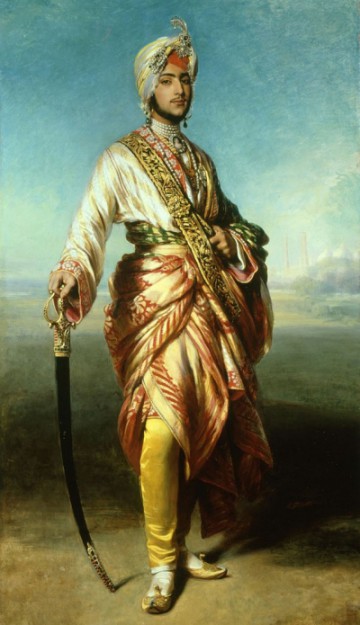| Sophia: Suffragette Princess- Princess Sophia Duleep Singh |
|
|
|
|
 | ||
 Princess Duleep Singh, second left, and others collect funds to help soldiers at the front during the first world war. Source: www.theguardian.com | ||
The BBC broadcaster Anita Anand tells the beguiling story of Sophia Duleep Singh, from exile in the Suffolk country estate of Elveden to the suffragette battleground of Westminster, via various trips to her ancestors’ home. Anand vividly paints the picture of society girl turned revolutionary and her father, who spends most of his years fulminating against the British and wanly plotting against them. Sophia takes the well-travelled route of private tutors and debs balls. “The timid girl who used to squirm before the camera was now an unabashed show-off. She would strike absurd poses for newspaper photographers, marrying her two greatest loves: high fashion and dog-breeding. On one voyage, back home to north-western India aboard the SS Barbarossa, a ship “designed to soothe and pamper even the tautest of travellers”, Sophia paid considerable attention to the etiquette of the captain’s banqueting table and avoiding the more vulgar guests. But most of all she obsessed about her pooches, refusing suggestions that she might put the dogs in steerage with her maid, and “adamant that she was the best person to care for them, she fed the dogs on fine cuts of meat and the occasional nip of brandy”. So how did this spoilt princess, goddaughter of Queen Victoria, become a doughty fighter for women’s rights? Her turbulent family history influenced her greatly. Her feisty sister, Bamba, initially secured a place at Northwestern University, near Chicago, to study medicine. The arrival and ambitions of this exotic lady were a matter of fascination and consternation. “Although several universities were admitting women medical students, many Americans found the practice distasteful, believing like their British counterparts that women doctors were an affront to the natural order,” Anand writes. The offer was withdrawn and Bamba returned to the UK despondent, joining her similarly downcast elder sister Catherine.
The relationship steadily turned sour. Bored with marriage, Duleep descended into gambling, cavorting and drink. He disavowed his family, claiming he was no longer responsible for the debts into which he had driven them. “Fatherless, abandoned and broke, the children became near-urchins, living in a shell of a house, surrounded by packing crates, in a city where their misfortune was the source of much gossip.” He took up with various women in Paris. When he heard of his wife’s death, he sent his eldest son a telegram: “Heartbroken – will write next week.” More worrying to the government than his dissolute behaviour were his meetings with Irish republicans. Duleep blamed the British for all his woes, cleaving towards those with a similar grievance. With deftness and sensibility, Anand tells of the extraordinary contradictions at the heart of the relationship between the Queen and this family. One moment she is reading reports from her spies who are following the father around the world, refusing to let him return home or dock in certain ports; on the other, she is showering her favourite godchild with gifts and worrying about her future. The older Sophia becomes a political radical, joining forces with the suffragettes. Here the book eschews the exoticism and becomes a more standard depiction of the movement. The author describes the violence meted out by the police, and the lengths to which the state sought to exonerate the police. In a telling passage, Anand shows how the young home secretary, a certain Winston Churchill, dismissed all attempts to investigate after two women died of their injuries. Within the women’s movement, argument raged about direct action, particularly as war with Germany neared. Anand’s skill is to bring to life a character whose name does not figure in the annals of the suffragette movement. “Despite her best and repeated efforts, Sophia never managed to be sent to prison, and therefore was denied her chance to go on hunger strike and her place in the pantheon,” she writes. In the strangest twist of all, she concludes: “Not even when she threw herself at the prime minister’s car would the police and courts punish her as they punished others of lower rank.” Such were the intolerable burdens of class. John Kampfner is author of The Rich, From Slaves to Super Yachts, a 2,000-Year History, published by Little Brown. |

 Published on Nov 22, 2015
Published on Nov 22, 2015